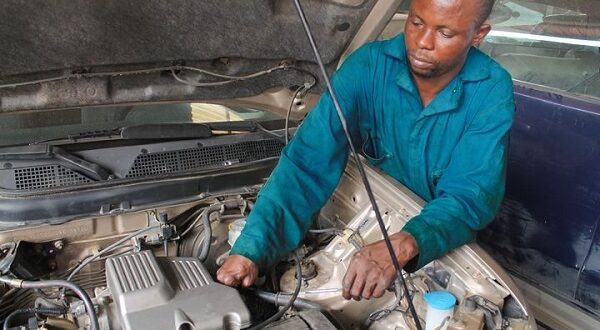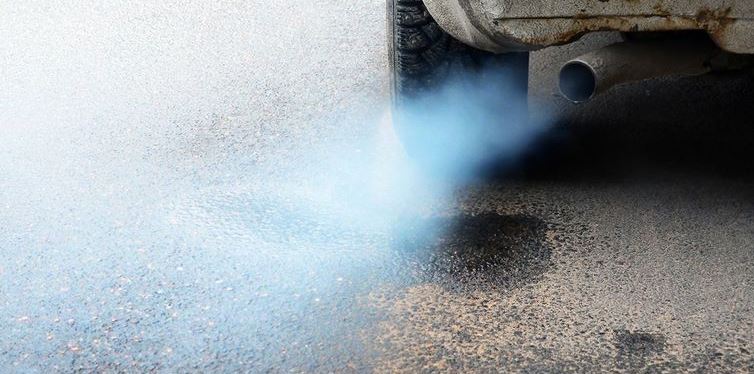A worrying trend has been noticed in Nigeria’s busy streets, where cars are necessary for day-to-day living: Nigerian mechanics are becoming well-known for being the primary culprits of vehicle damage. Although not all mechanics belong to this stereotype, a sizable portion display characteristics of incompetency, greed, laziness, and carelessness. This blog explores the causes of this trend, how it affects car owners, and offers solutions to this critical problem.
Reasons for the Destruction:
- Lack of Proper Tools: Due to a lack of proper tools, many mechanics in Nigeria use improvised and frequently destructive repair methods.
- Greed: Shady Nigerian mechanics frequently suggest needless repairs or take short cuts in order to increase profits, putting profit ahead of quality work.
- Incompetence: Unnecessary vehicle damage increases as a result of Nigerian mechanics’ inadequate training and expertise in thorough diagnostics and repairs.
- Laziness: Lazy Nigerian mechanics could hurry through repairs, omit important details, or neglect to give vehicles a complete inspection, which could result in problems being missed or even dangerous situations.
- Carelessness: Reckless Nigerian mechanics run the risk of putting a car and its occupants in danger by mishandling tools, installing parts incorrectly, or disobeying safety procedures.
Acknowledging Competent Mechanics:
It’s important to understand that not all Nigerian mechanics fit into these characteristics, even if the predominance of dishonest, indolent, and ignorant mechanics is alarming. A small percentage of knowledgeable and committed professionals work hard to give their clients dependable and trustworthy services.
Solutions for Improvement:
- Training and Education: Mechanics’ skill and knowledge of current car systems can be improved by support extensive training programs, which also helps to lower ignorance and incompetence.
- Regulation and Oversight: Stricter laws and quality control procedures can be implemented in the automobile sector to assist screen out criminal conduct and hold mechanics responsible for their job.
- Access to Tools and Resources: By giving mechanics access to the right instruments, equipment, and diagnostic tools, we can reduce the possibility of vehicle damage and enhance the quality of repairs.
- Ethical Standards and Customer Education: Encouraging good behavior and openness in the vehicle repair sector might enable clients to make wise choices and steer clear of dishonest business tactics.
- Community Engagement and Feedback: It is possible to recognize and resolve problems in the sector by promoting a culture of accountability and feedback, as well as by promoting open communication between mechanics and customers.
Street Nigerian mechanics are essential to keeping cars on the road, but the pervasiveness of dishonest, incompetent, and foolish behavior endangers motorists and public safety. Through tackling the underlying reasons behind this issue and putting focused fixes in place, we may strive towards a time where Nigerian mechanics are regarded as highly skilled, trustworthy, and ethical. It’s time to drive differently and make sure that each visit to the mechanic is a step in the direction of smoother, safer roads.
You can find competent mechanics around your location here https://www.spotdem.com/find-an-expert-mechanic-near-me/
 Spot Dem Everything About Cars
Spot Dem Everything About Cars

